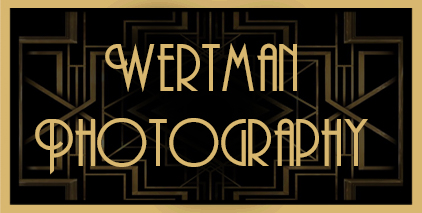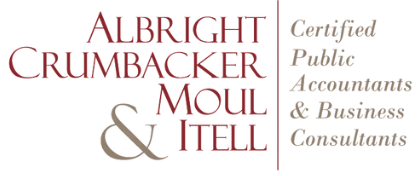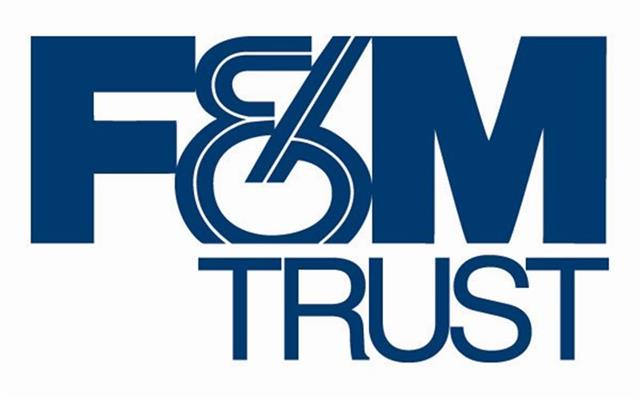Stay up-to-date with our latest news and learn more about local history!
NEWS
- Filter by
- Categories
- Tags
- Authors
- Show all
- All
- 20th amendment
- 23andme
- advice
- amusement parks
- ancestry
- archives
- artifacts
- bathing suits
- belinda springs
- Bellevue Asylum
- black history
- black history month
- christmas
- civil war
- collections
- dna
- Drinks
- exhibits
- family tree
- genealogy
- Gilded Age
- hagerstown
- Harry “Snap” McCoy
- history
- Horse thieving
- kee mar college
- kinship
- local history
- Miller House
- miller house museum
- moonshiner
- mourning
- museum
- news
- old film
- old photographs
- paintings
- pen mar park
- preservation
- prohibition
- Railroads
- Ransom of Hagerstown
- research
- row's amusement
- scrapbooks
- summer
- swim suits
- travel
- Updegraffs
- vacation
- Victorian
- washington county
- Washington County Black History
- washington county free library
- washington county hospital
- Western Maryland Black History
- western maryland railroad
- where is william
- whiskey and moonlight
- women's history
- women's history month
- women's rights
- women's suffrage
- world war i
- wrapping paper
April 25, 2024
Published by Zach Brooks at April 25, 2024
Categories
Article Author: Abigail Koontz (This article originally appeared on The Herald-Mail April, 2024) The American West between from 1865 to 1895 is often painted as the untamed, lawless domain of bandits and cowboys. But did you know that Western Maryland had its own bandits during that time? Across Washington County, residents of local towns, villages and farms were plagued by the relentless and crafty schemes of horse thieves. Western Maryland in the early 19th century saw the emergence of turnpikes, railroads and canals, but the most common means of transportation was by foot, horse or horse-drawn transport. Horsepower touched many aspects of daily life, from individual transport to income. Horses pulled barges, fire engines, mail coaches, farm equipment and hearses; they hauled resources and powered wars. Because horses were such a necessity, thieves saw a lucrative opportunity, especially in areas like Washington County that still were part of the frontier. Between 1790 and 1804, Washington County newspapers such as The Washington Spy and its successor, The Maryland Herald and Elizabeth-Town Advertiser, published more than 110 notices of horse theft (not counting lost horses). Victims during this time offered a range of monetary rewards for their horses and the capture of […]
March 12, 2024
Published by wpengine at March 12, 2024
Categories
Article Author: Abigail Koontz (This article originally appeared on The Herald-Mail March, 2024) The summer of 1864 was a tumultuous one for the United States, caught in the throes of the Civil War. The Federal Army employed more aggressive tactics in the South — such as burning private homes and property — and the Confederacy was losing ground. Locally, the summer of 1864 irrevocably altered the life of 19-year-old Hagerstown resident Sarah Bell (Hall) Matthews, who witnessed the Ransom of Hagerstown and the aftermath of the Burning of Chambersburg. Sarah Bell Hall was born in Hagerstown on Oct. 6, 1845, to William Hall, a master machinist, and Elizabeth (Noel) Hall. Sarah’s parents had moved to Hagerstown from Pennsylvania by the early 1840s; they had at least seven children together. On May 30, 1864, the Halls received terrible news. Their oldest son, Noel, a 22-year-old private in Company K, 12th Regiment, Pennsylvania Reserve Infantry, had died from wounds received at the Battle of the Wilderness in early May. Noel’s body was transported home from Virginia and buried in Rose Hill Cemetery. Sarah had lost her brother, but soon she lost the presence of her older sister, Kate, who married Nathan Wright […]
February 16, 2024
Published by wpengine at February 16, 2024
Categories
Article Author: Abigail Koontz (This article originally appeared on The Herald-Mail June 11, 2023) The name “Bellevue” may bring to mind the infamous Bellevue psychiatric hospital in New York City, which has a history reaching back to an 18th century almshouse. But did you know that Washington County had its own institution named Bellevue Asylum? Built in 1879, the historic Bellevue Asylum was located on the present site of Coffman Nursing Home. Bellevue Asylum stood for 77 years before it was torn down in 1956, and its history is deeply connected to the lives of Washington County residents and the development of healthcare facilities in the United States. To understand Bellevue Asylum’s history, we must return to the year 1800, when Trustees of the Poor for Washington County proposed building a home for the “relief of the poor” in Elizabethtown (now Hagerstown). This building, completed in 1800, was called the Washington County Almshouse. It still stands at 239 N. Locust Street. But attitudes toward the almshouse location caused concern. The almshouse developed a reputation for attracting “tramps” and “idlers,” and town residents requested a more remote location. In 1878, John Nicodemus of Boonsboro gifted farmland to Washington County for a […]
February 12, 2024
Published by wpengine at February 12, 2024
Categories
Article Author: Abigail Koontz (This article originally appeared on The Herald-Mail February, 2024) In 1866, Samuel and Amanda Clark traveled north from Virginia into Maryland with their younger sons. The Clarks, a young Black couple, settled first in the Bakersville area and then in Sharpsburg. They built lives amid the turbulent events of the Reconstruction era in a country still grappling with the atrocities of slavery. The Clarks’ story is integral to understanding the history of Washington County and the Miller House, home of the Washington County Historical Society. By 1870, Samuel and Amanda (Jackson) Clark had settled in Bakersville, just north of Sharpsburg. Samuel, 35, and Amanda, 38, were raising a family that included three young sons — William, 8, Samuel Jr., 5, and Edward, 4. Samuel and Amanda were born in Virginia in the early 1830s; William and Samuel Jr. were also born in Virginia. Edward, their youngest son, was born in Maryland around 1866. It is difficult to determine whether the Clarks had been enslaved before the Civil War ended. Although census records can be inaccurate, Edward’s birth date creates a timeline for the Clarks’ journey to Washington County during a pivotal time in American history, just […]

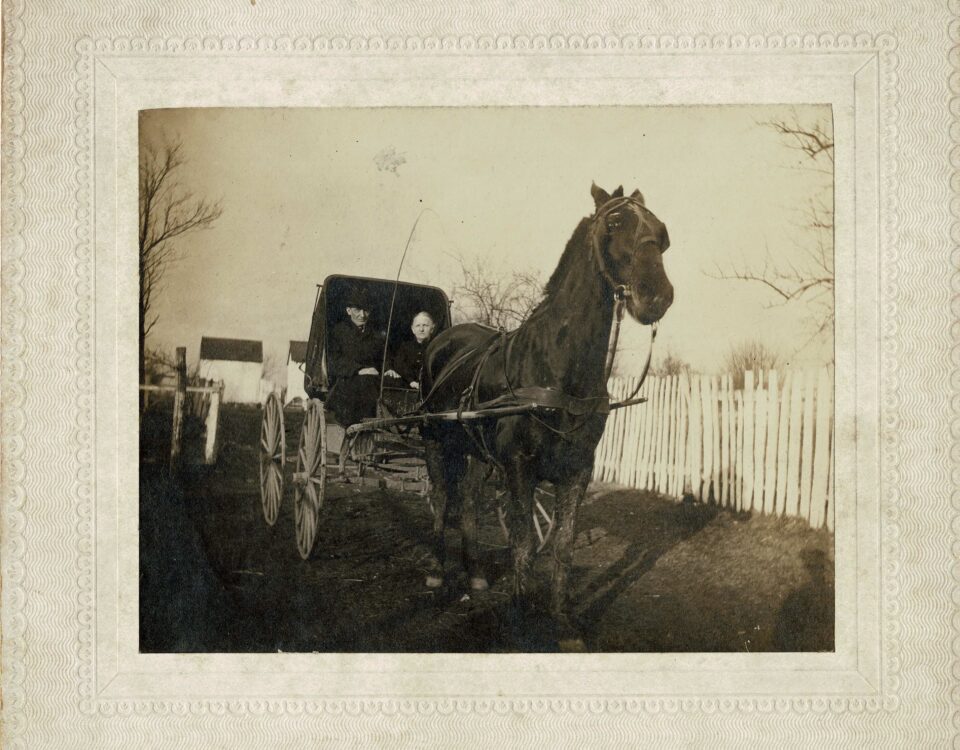
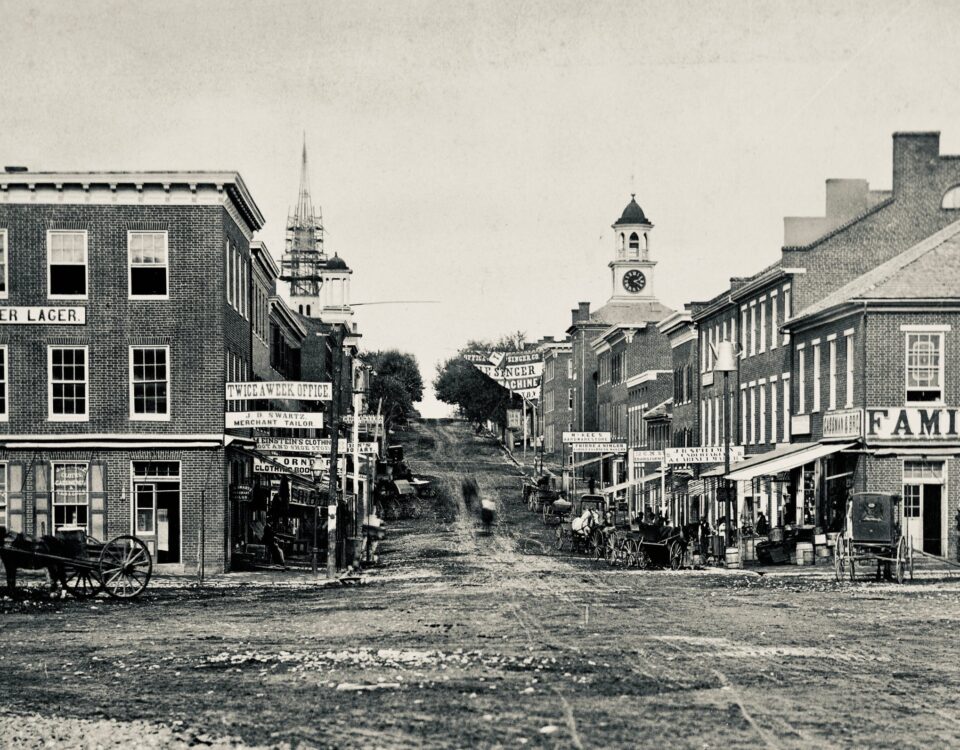
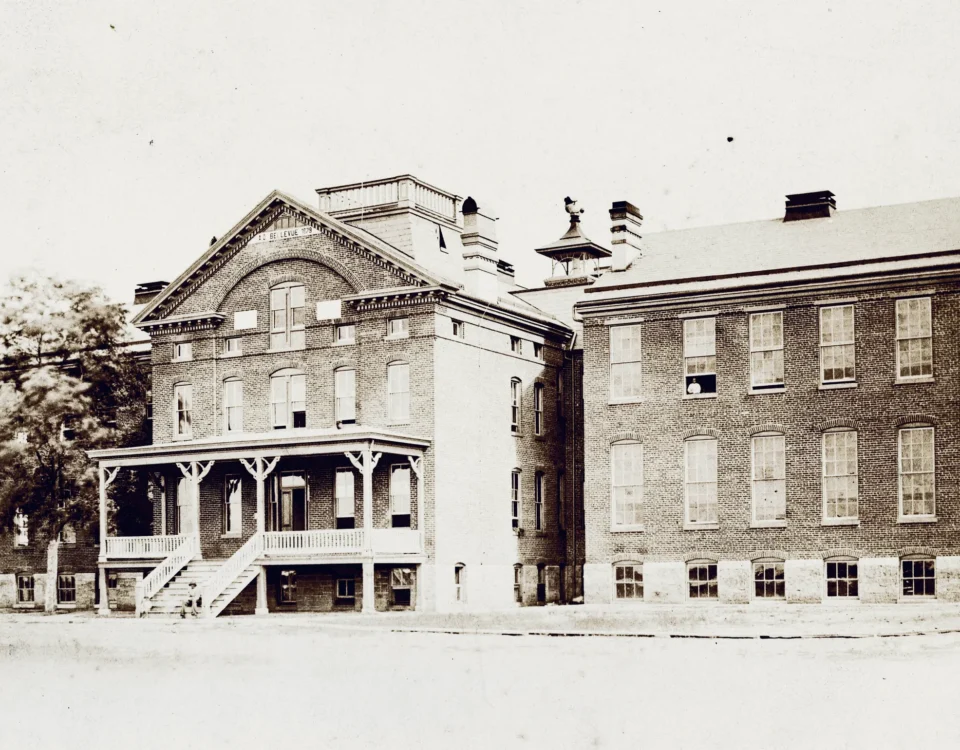
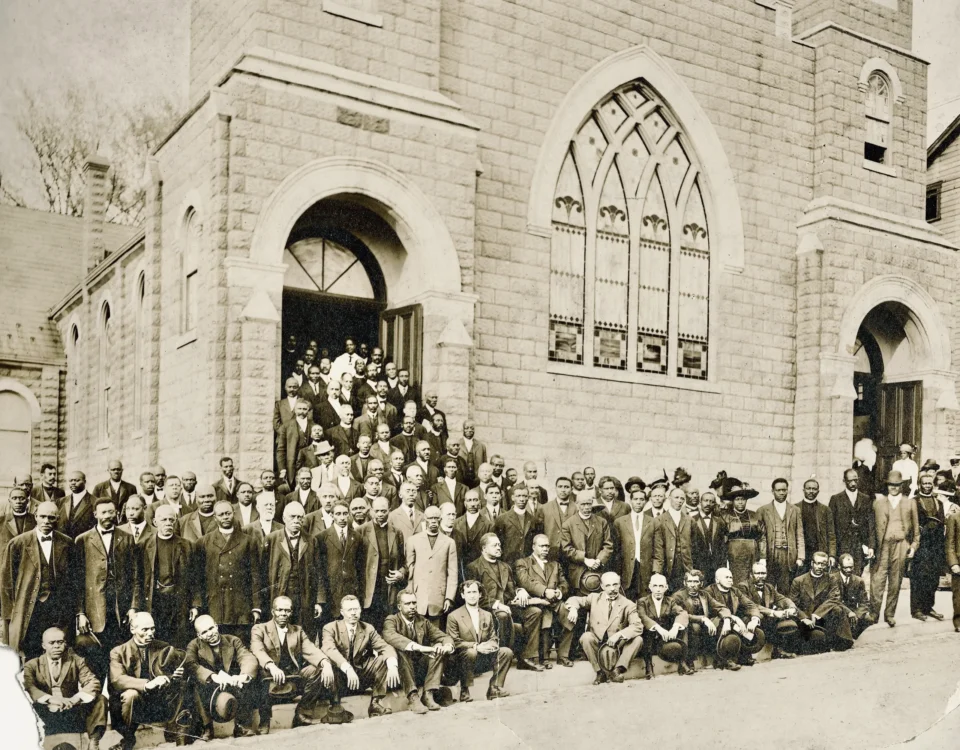
 Previous
Previous









